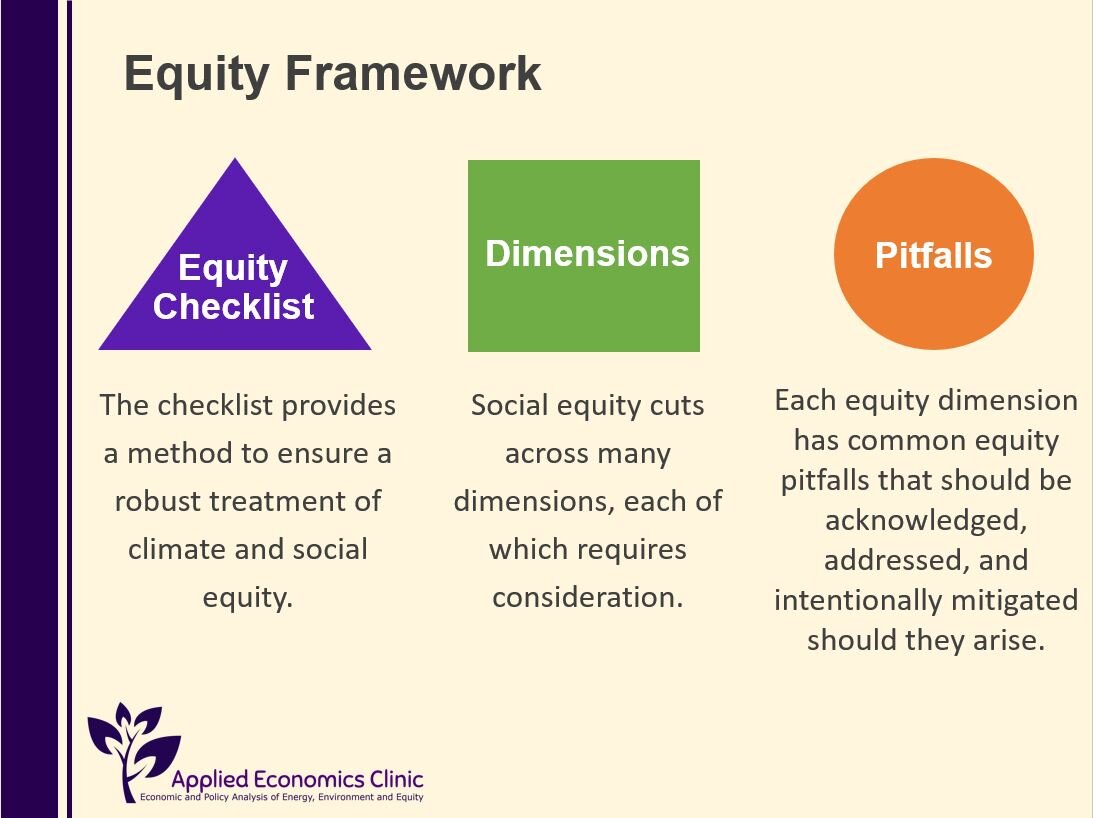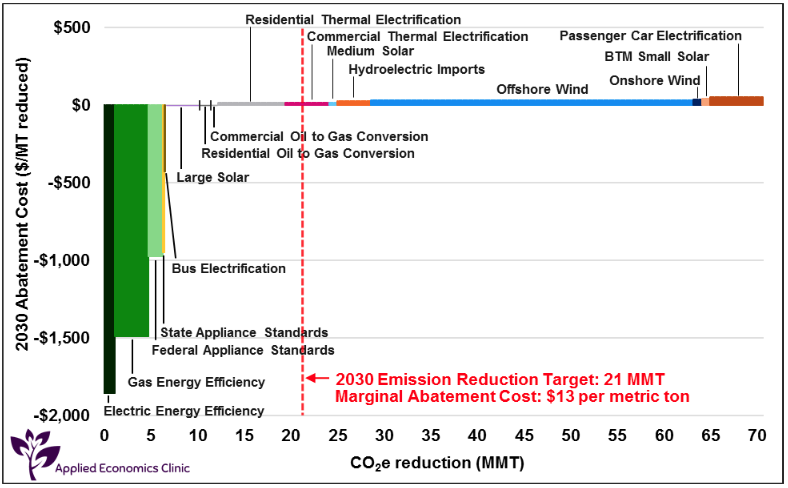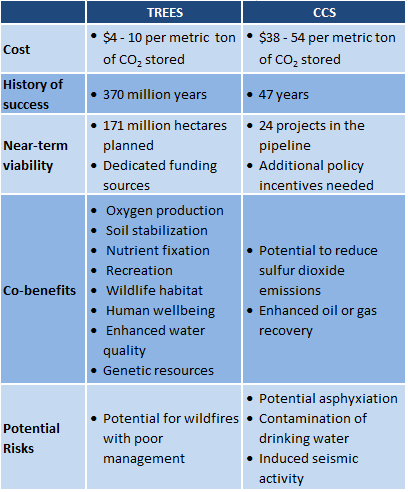Client: Conservation Law Foundation
Authors: Liz Stanton, PhD, Bryndis Woods and Eliandro Tavares
Updated April 28, 2020
In February 2020, the Massachusetts Executive Office of Energy and Environmental Affairs requested public feedback on setting a 2050 emissions limit that will achieve the Commonwealth’s 2050 goal of net-zero emissions. On behalf of Conservation Law Foundation, this Applied Economics Clinic white paper provides eight recommendations for the Commonwealth as it works to set its 2050 emission targets. We argue that Massachusetts should set an ambitious 2050 emissions reductions target that builds in flexibility to account for truly recalcitrant emissions via carbon sinks, distinguishes the state as a national leader on climate, clearly defines and limits the use of carbon sinks until the Commonwealth approaches full decarbonization in 2050, considers the context of global climate change and local impacts, is in line with the best available science, and uses modeling tools that are able to consider a full range of emission reduction technologies.



















